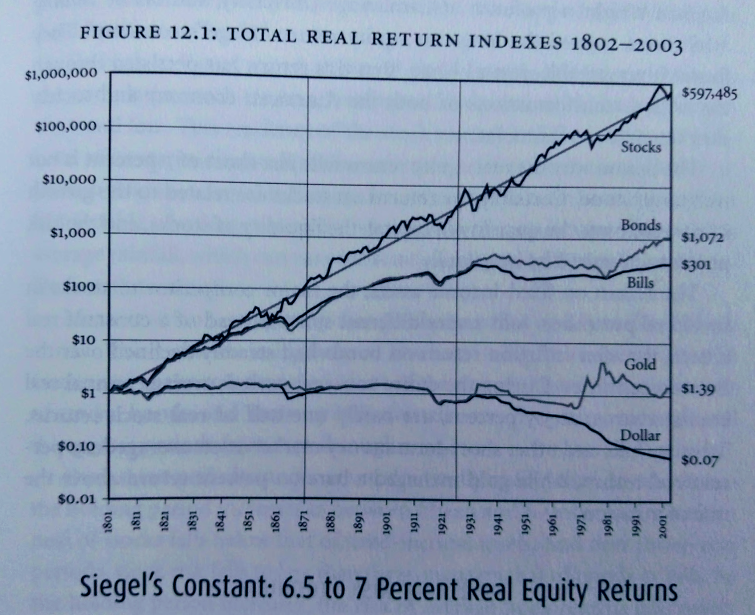
7 Investments I'm Making This Year (Part Six)
The next entry in our week long series where I show you places I am personally focusing my time, energy, and money in 2021.
Feel free to repurpose any ideas and use them for yourself.
The next entry in our week long series where I show you places I am personally focusing my time, energy, and money in 2021.
Feel free to repurpose any ideas and use them for yourself.

Investment Six: Build Up More Niche Twitter Accounts
Social media killed the traditional website. If you want a product review, you look on YouTube. If you want news, you go on Twitter.
I can't remember the last time I read a blog or looked something up on Google Search.
Social media killed the traditional website. If you want a product review, you look on YouTube. If you want news, you go on Twitter.
I can't remember the last time I read a blog or looked something up on Google Search.
In 2011 I remember sitting around with friends reading a text-only blog review of a Drake album and laughing like crazy.
That form of entertainment is virtually gone.
That form of entertainment is virtually gone.
Personally, I saw the decline first-hand from blogging. 30 Days To X went from pulling thousands of views per day to MAYBE getting a few hundred. And anytime I've logged in there recently, it just feels archaic.
And this doesn't even factor in how Google has crushed the rankings for many independent bloggers and niche sites.
And you know what?
That's okay. Writing blog posts was cumbersome and took a lot of technical aptitude if you were going to mess around with plug-ins and themes.
In fact, here's an example.
That's okay. Writing blog posts was cumbersome and took a lot of technical aptitude if you were going to mess around with plug-ins and themes.
In fact, here's an example.
In 2017, I hired a good friend to code a BitCoin tracker (he did a terrific job) so I could post it on a separate page to Sad No Coiner.
The idea was to show people how much Bitcoin had appreciated and to use it as a sort of "soft-sale," plugging Coinbase at the end.

The idea was to show people how much Bitcoin had appreciated and to use it as a sort of "soft-sale," plugging Coinbase at the end.


Long-term, it would have been smarter to create a Twitter account like @BitcoinStimulus and post daily updates. Would have taken far less brain-power, plus Twitter's sharing structure would help to naturally grow the audience.
Social media in general also has a lot more attention pulling power than blogging did.
One post that takes 3 minutes to create can get more eyeballs and clicks than an entire blog article that took hours to labor over.
One post that takes 3 minutes to create can get more eyeballs and clicks than an entire blog article that took hours to labor over.

Having had proven content that converts, but losing a lot of the organic SEO traffic due to Google algorithm changes, I'm taking a lot of this material and transferring it to Twitter..
A Twitter thread (like this one) is basically an article anyway. And there are many short-form ideas (like a Bitcoin tracker or picture focused account) that would never have done well in the traditional blog format.
If you are a content creator and you had long-form articles that lost traction, I'd strongly consider setting up themed Twitter accounts and treating them like blogs or niche sites.
A) This costs nothing.
B) You can make as many accounts as you'd like (pro-tip: Register a free Google Voice account to associate with each Twitter login so you never switch phone numbers and accidently get yourself locked out forever).
B) You can make as many accounts as you'd like (pro-tip: Register a free Google Voice account to associate with each Twitter login so you never switch phone numbers and accidently get yourself locked out forever).
C) Scheduling and planning Tweets takes VERY LITTLE effort. I personally use Sunday afternoon's to load a week's worth of content onto each account. Maybe takes 45 minutes to an hour tops.
D) If your accounts start taking off, you can automate them using HypeFury. This is what I use to make these Twitter threads, and what all the gurus use when they post those Gumroad course countdowns.
Here's a referral link to a free trial: hypefury.com/?via=robert-29
Here's a referral link to a free trial: hypefury.com/?via=robert-29
E) (Wow, what a long alphabetical list, already to the coveted and seldom seen "Exhibit 'E"") Intellectual properties are some of the easiest assets to create.
If you want to own a rental property, you need five figures in starting capital; extensive research; etc...
If you want to own a rental property, you need five figures in starting capital; extensive research; etc...
If you want to build a monetized social media account, you register for free. And you can even start off affiliate marketing someone else's products (free again) or making something like an eBook (time + a little money for editing and formatting).
Somebody else has already created the infrastructure (algorithms, software, massive cloud storage, data protection, etc) and you're getting a free foundation to build upon that is literally worth BILLIONS OF DOLLARS.
In the world of investing, the biggest beneficiaries of innovation are not the companies that create breakthrough technologies. Many early computer, automobile, and flight pioneers all went bankrupt for example.
Instead, the biggest beneficiaries are third-parties who can use these innovations to reduce their own business expenses while increasing revenues.
This is certainly true in the case of social media.
This is certainly true in the case of social media.
In 2011, building a digital platform meant buying web hosting; buying a theme; commenting on blogs and forums for traction; dealing with constant site crashes; and having to deal with indifferent providers like GoDaddy or HostGator.
In 2021, your entire media platform is free. Social media's very nature does much of the audience building for you. And the entire staff of Facebook/Twitter/Instagram working as your own personal tech support.
Pretty wild when you think about it.
Pretty wild when you think about it.
P.S. Here are the previous entries:
Day 1:
Day 2:
Day 3:
Day 4:
Day 5:
Day 1:
https://twitter.com/XDays/status/1343561230817112065
Day 2:
https://twitter.com/XDays/status/1343925938376081408
Day 3:
https://twitter.com/XDays/status/1344398021459640328
Day 4:
https://twitter.com/XDays/status/1344776017018236931
Day 5:
https://twitter.com/XDays/status/1345144525141008387
• • •
Missing some Tweet in this thread? You can try to
force a refresh









